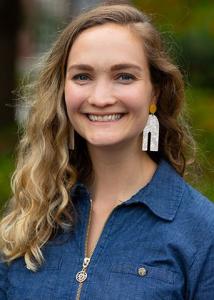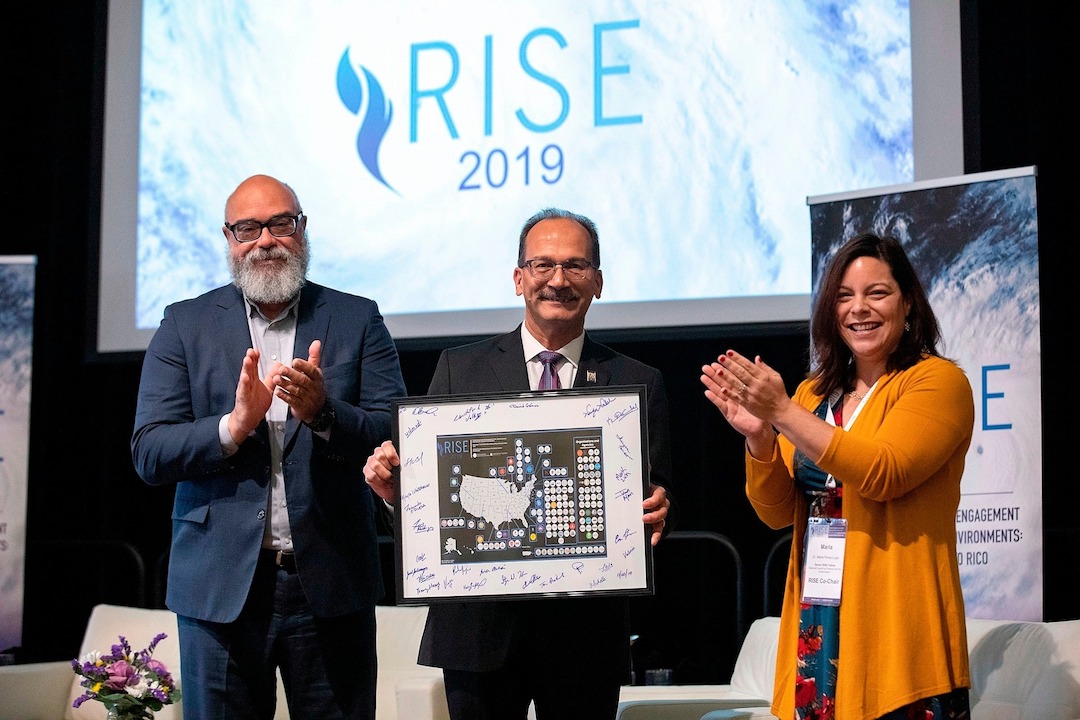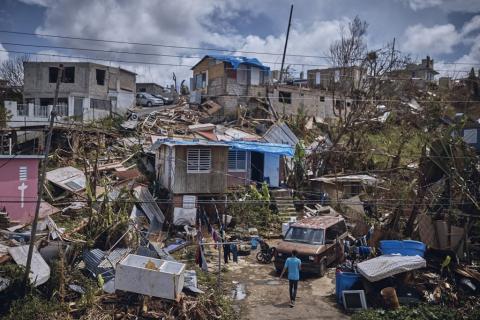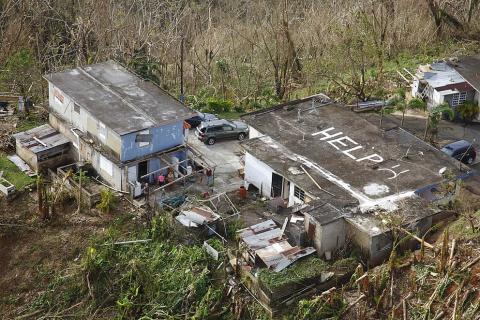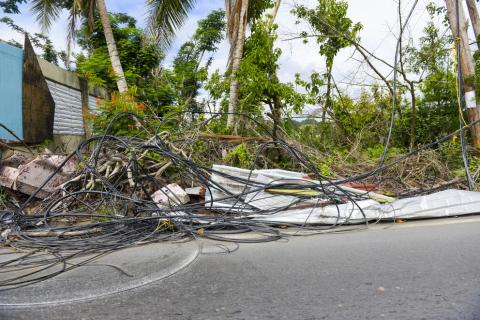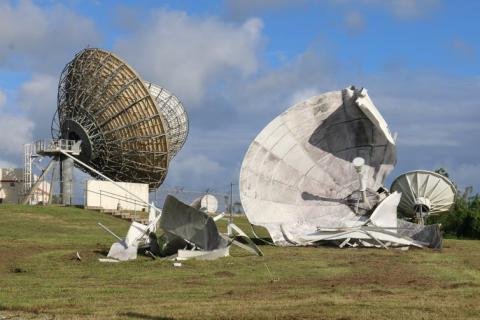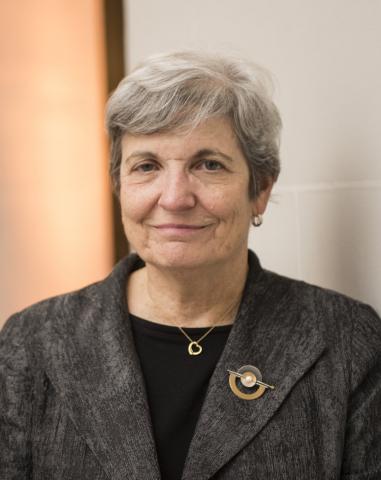25 Years of Service (2) Abortion Rights (1) Activist Groups (1) Addiction (14) ADHD (1) Administrative Data Accelerator (1) Adolescents (2) Aging (19) Agriculture (3) AI (5) AI Hub (2) Air Quality (1) Alaska (4) Alcohol (1) Alzheimer’s Disease (1) Amish (1) Annual Report (2) Anthropology (5) Anxiety (1) Arctic Research (4) Artificial Intelligence (3) Asian Families (2) Associate (1) Asthma (2) Autism (1) Award (24) Babies (2) Big Data (3) Biobehavioral Health (16) Black Families (2) Brain (4) Bullying (1) Business (1) Cancer (1) CCSA (11) Celebration (5) Census (9) Center for Education and Civil Rights (9) Center for Educational Disparities (29) Center for Global Studies (1) Center for Healthy Aging (1) Center for Security Research and Education (4) Center for Social Data Analytics (1) Center for Socially Responsible Artificial Intelligence (4) Center on Education and Civil Rights (2) Child Development (2) Child Health (2) Child Maltreatment (6) Child Maltreatment Solutions Network (5) Child Obesity (6) Child Study Center (2) Chronic Illness (2) Civic Engagement (2) Clearinghouse for Military Family Readiness (6) Climate Change (23) Clinical and Translational Science (6) Cognition (3) Collaborative on Population Aging Disparities (1) College of Agricultural Sciences (12) College of Communications (2) College of Earth and Mineral Sciences (1) College of Education (36) College of Health and Human Development (30) College of Information Sciences and Technology (3) College of Medicine (12) College of Nursing (1) College of the Liberal Arts (37) Communication (5) Communication Arts and Sciences (1) Community (14) Computational and Data Sciences (2) Computational and Spacial Analysis (2) Concussions (1) Conference (10) Consortium on Moral Decision-Making (6) COSSA (13) COVID-19 (27) Criminal Justice (5) Criminal Justice Research Center (7) Criminology (16) CSA (19) CSUA (6) CTSI (43) Data Management (8) Data Resources Hub (1) Data Sources (2) De Jong Lecture (7) Death (3) DEI (3) Democracy (3) Demography (51) Depression (4) Disasters (8) Discrimination (10) Diseases of Despair (1) Dyslexia (1) Economics (4) Edna Bennett Pierce Prevention Research Center (1) Education (20) Education Policy (13) Educational Attainment (4) EIC (8) EIC Podcast (4) Emotion (1) Employment (5) Environment (2) Exercise (1) Expanding Empathy Speaker Series (1) Faculty Fellows (8) Faculty Information (4) Family (9) Family Symposium (20) Fellowship (6) Food Security (4) Forest Resources (1) Foster Care (2) Friends (3) Fullbright Scholars (2) Funding (57) Gender Equality (3) Generational Disadvantages (2) Genetics (2) Geography (4) Geology (1) Geospatial (3) Geroscience and Dementia Prevention Consortium (2) GIS (1) Global Programs (7) Global Warming (5) Government (15) Grief (2) Gun Control (2) Gun Violence (1) Health (7) Health Care (11) Health Disparities (8) Health Equity (8) Health Policy and Administration (4) Hispanic Families (3) Housing (2) Huck (2) Human Development and Family Studies (24) Human Trafficking (1) ICDS (1) IFSE Workshop (3) Immigrants (2) Immigration (30) Impact (3) Indigenous Communities (3) Inequality (2) Inequities (2) Influence (2) Information Technology (4) Innovation (2) Institute for CyberScience (8) Institutes of Energy and the Environment (3) Intentional School Failures (1) Interventions (2) IPDR (1) IRB (2) Job (3) Kinesiology (1) Kinship (3) Labor Exploitation (1) Labor Relations (6) Latino (1) Law (1) Lecture (2) Lerner Center for Public Health Promotion Brief (2) Life Course Exposures (1) Life Expectancy (4) Lloyd Prize (1) Machine Learning (1) Malnutrition (1) Marcellus Shale Natural Gas Development (1) Marijuana (1) McCourtney Institute for Democracy (9) MDI (1) Memory (2) Mental Health (5) Mexico (2) Migration Research (25) Military Families (1) National Security (1) Natural Resources (1) New Methodologies (1) NIH (30) Nominations (1) NSF (21) Nursing (1) Nutrition (1) Nutritional Sciences (1) Obesity (5) Online Aggression (1) Open Access Research (3) Open House (2) OpenMx (1) Opioids (25) OSVPR (10) Overdose (1) PAA (3) PacMAT (1) Parenting (1) Partnership (2) Penn State Cancer Institute (3) Penn State Research (93) Pennsylvania Population Network (6) Pennsylvania Redistricting Advisory Council (1) Philosophy (1) Playing the Archive (2) Podcast (9) POLARIS (3) Policymaking (16) Political Science (11) Politics (12) Population (3) Population Health (6) Population Research (3) Postdoctoral (4) Poverty (1) PPN Brief (2) Pregnancy (3) Preschool (1) Prevention Research Center (4) Prevention Science (6) PRI (100) PRI Affiliate (3) PRI Associate (23) Private Services (1) Professor (1) Promotion Announcement (1) Proposal (7) Protocol (1) Psychology (12) Public Health Sciences (3) Public Policy (10) Public Services (1) Qualtrics (1) QuantDev (4) Race (1) Racial and Ethnic Minorities (5) Racial Disparities (8) Racism (1) RDC (1) Recovery (1) REDCap (1) Refugees (1) Relationships (1) Research (28) Research Evidence (8) Research-to-Policy Collaboration (4) RISE Conference (1) Rock Ethics Institute (3) RPC (1) Rural Communities (12) Rural Health (8) Rural Sociology (14) School (17) School of Public Policy (2) Science Policy (1) Security (2) Seed Funding (29) Segregation (14) Self-control (2) Seminar (7) Siblings (1) SJRC Equity Fellows (1) Sleep (5) SLEIC (1) Smoking (4) Social Data Analytics (2) Social Inequity (2) Social Justice (3) Social Media (4) Social Science (63) Social Stressors (1) Sociology (50) Software (3) Special Education (12) Spring Gathering (3) SRC (1) SSRI (79) SSRI Affiliates (3) SSRI Associate Directors (1) SSRI Cofunds (25) SSRI Director (5) SSRI Staff (3) Stress (4) Substance Abuse (14) Substance Use (7) Suicide (2) Support Resources (2) Survey Research Center (1) Symposium (2) Teams (1) Teens (4) Texas (1) Transportation (1) Twitter Data (5) Unemployment Rate (3) University Policy (2) Veterans (2) Violence (1) Visiting Scholar (1) Water (6) We Are (2) Why Social Science? (21) Womens Health (2) Womens Studies (1) Work Conditions (1) Workforce Development (1) Working Groups (2) Workshop (10)
In many of Appalachia’s flood-ravaged areas, residents have little choice but rebuild in risky locations
By Kristina Brant, Assistant Professor of Rural Sociology and SSRI cofund, for The Conversation On Valentine’s Day 2025, heavy rains started to fall in parts of rural Appalachia. Over the course of a few days, residents in eastern Kentucky watched as river levels rose and surpassed flood levels.…
Role of universities examined in disaster-preparedness, response and recovery
Roughly 400 researchers and educators from more than 114 institutions across the nation recently joined together to explore how higher education can strengthen preparedness, response, and recovery in the face of growing threats posed by climate change and extreme weather. The “RISE CONFERENCE 2019…
News Topics: RISE ConferenceDisasters
Why Social Science? - Because It Helps Build Resilience in the Face of Disasters
By Brandi Gilbert, Ph.D., Research Associate, Urban Institute & Nnenia Campbell, Ph.D., Research Associate, Natural Hazards Center, University of Colorado, Boulder We are dedicated to using social science to improve disaster recovery for those on the margins of society—in particular on the…
Officials raise Puerto Rico’s death toll from Hurricane Maria to nearly 3,000 people
By Aimee Cunningham The Puerto Rican government has officially updated its tally of lives lost to Hurricane Maria to an estimated 2,975. That number, reported August 28 in a government-commissioned study by George Washington University in Washington D.C., dwarfs the island’s previous count…
News Topics: Disasters
Death toll from Hurricane Maria estimated to be larger than previously thought
The number of people who died as a result of Hurricane Maria — which hit Puerto Rico on September 20, 2017 — may be as high as 1,139, surpassing the official death count of 64, according to researchers. The researchers used official government records to calculate the number, which took into…
News Topics: Disasters
Inaccurate data analysis may affect Puerto Rico’s recovery
The ability to use statistics to guide decision-making may be collateral damage of Hurricane Maria's devastating blow to Puerto Rico, according to a Penn State demographer. In an article published today (April 2) in Health Affairs, Alexis Raúl Santos, the director of the graduate program in applied…
News Topics: DisastersDemography
Why Puerto Rico’s death toll from Hurricane Maria is so much higher than officials thought
By PRI Associate Alexis Santos for The Conversation “If you don’t get away from those areas, you are going to die.” That phrase concluded Puerto Rico Secretary of Public Safety Héctor Pesquera’s press conference before Hurricane Maria. Three months after the storm, he is one of the fiercest…
News Topics: DisastersDemography
Why Social Science? - Because Social Science Fosters Robust and Trustworthy Knowledge
By Felice J. Levine, Ph.D., Executive Director, American Educational Research Association As Chair of the COSSA Board, it is an honor to conclude the inaugural year of “Why Social Science?” with some reflections and aspirations. When COSSA launched this initiative in 2017, the aim was to invite…
